Do Resale Properties Really Cost More To Renovate?
September 19, 2020
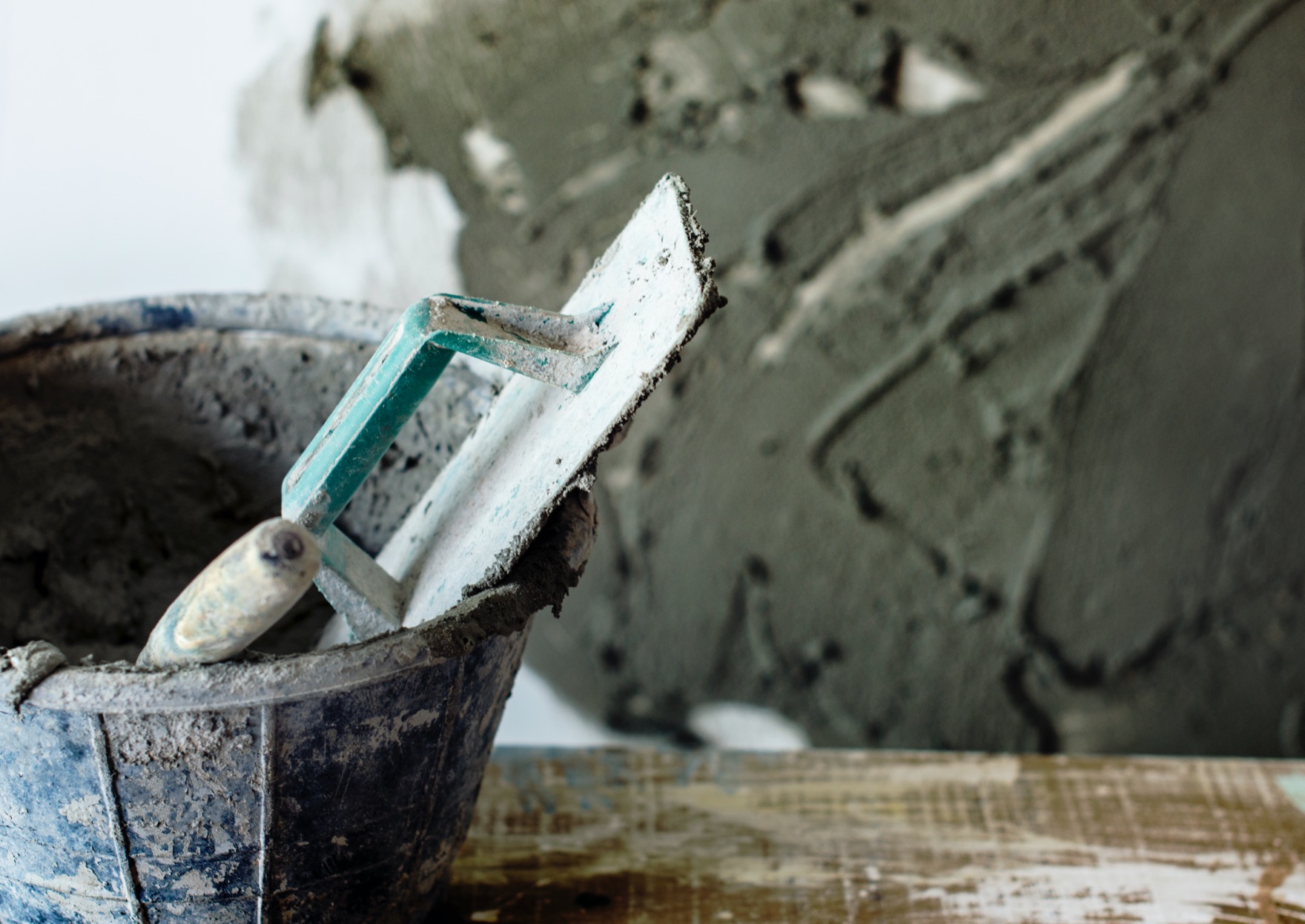
If you’re choosing between a new launch and a resale property, you’ve probably heard the saying that “the resale will cost more to renovate”.
The theory is that, because you need to hack up the previous work, there’s added time and money involved. The saying is so widespread, some buyers take it as incentive to always stick to new launches.
The trouble is, there’s no proper way to prove this.
The cost of renovations varies on a case-by-case basis; and there’s no actual study that proves resale units will cost more to renovate. On top of that, there’s no sure way to tell how much more the renovations will cost.
So we talked to multiple contractors, to try to dig out the truth behind this:
First, let’s look at the average cost of renovations in Singapore
Based on responses from contractors, the average cost to renovate a four-room HDB flat (arguably the most common housing type in Singapore) ranges between $45,000 to $60,000.
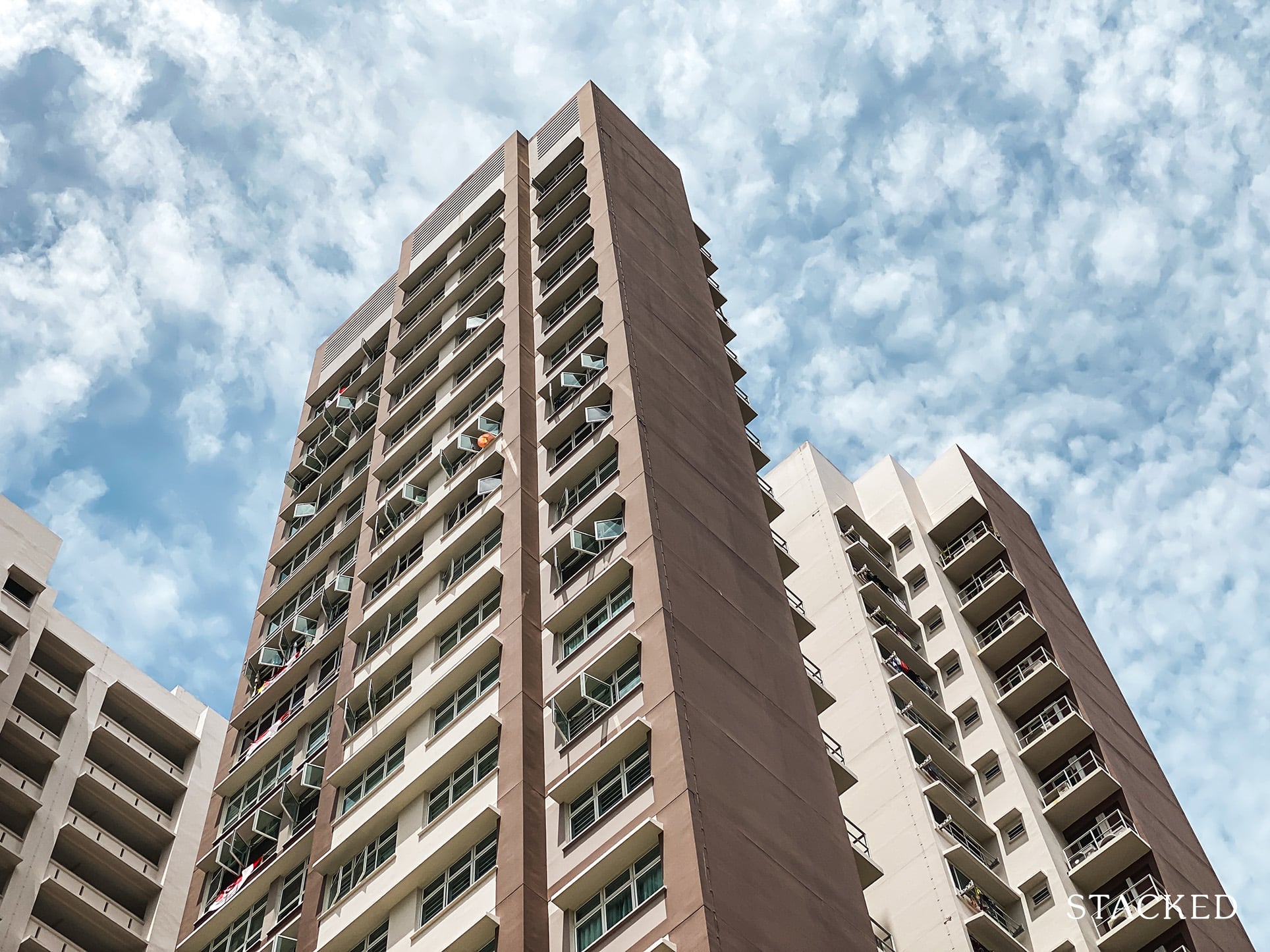
For condo units, the overall cost (for renovations of equal scale and quality) tends to be in the range of $50,000 to $65,000. The reason given to us was that condo units tend to have a higher floor-to-ceiling height; certain works – such as carpentry and painting – will incur higher charges.
Condo units also have more demanding restrictions, due to the MCST. This may require more expensive site protections for common areas. For example, if you have a ground floor condo unit, and want to build a patio, additional protections must be made if your decking comes close to the landscaped areas.
In every case, we’re told the lowest budget estimate tends to be around $30,000. This is mainly because the maximum size of a renovation loan (if you use a bank) is $30,000, or six months of your income, whichever is higher.
But if you browse most websites or ask for a quote, you’ll be told the cost can be 20 per cent to a ridiculous 40 per cent (!) more for resale units.
Exact figures vary for every home, and when I say vary I do mean that it really varies. It’s an age old issue with the construction industry, costs are opaque so you never really have a concrete baseline to compare with.
Anyhow, here’s a general look (from what we have compiled) of the extra costs that a resale unit may incur.
| New property | Resale property | |
| Hacking of walls and floors | $0 unless you want to remove any partition walls. | $0 if you can live with the existing floors and walls. Hacking of living room and bedroom floor tiles costs about $1,955 – $2,070 for a 4-room flat. Hacking of kitchen and toilet floors are about $920. It costs about $400 to remove a partition wall. |
| Bathroom renovations | Some condo units (including Executive Condominiums) come with the sinks and toilet bowls, which will reduce the cost to about $300 – $400. Plumbing work is usually not necessary for new units. | Roughly $400 – $500 per bathroom. Very old units may require plumbing work, which can result in an additional $400 – $800. |
| Electrical wiring | About $50 to $90 to install new power sockets ($120 for new power points for major appliances like fridges) | Same as new units. However, having to replace the Distribution Board can cost up to $110, and old units may need data points (about $120), and more replacement power sockets. |
| Carpentry | About $110 per foot run for cabinetry and other storage About $200 – $280 per foot run for storage items like wardrobes | Same as new units, but bear in mind that older resale units tend to be bigger (resulting in more carpentry work). |
| Lighting fixtures | Most new launch properties come with basic lighting fixtures already. The cost can be $0 unless you want to install your own fixtures. | You may need to replace any lighting that doesn’t work. Basic, non-fancy lighting fixtures cost around $80 to $150 on average. Electrical wiring costs may also be involved. |
| White goods | Most new properties come with basic white goods, such as the air-con, fridge, and washing machine / dryer. | There’s a chance you may need to replace the appliances.Air-con installation costs range from $2,200 – $3,300. Fridges cost about $1,000 – $1,500.Washing machine / dryers cost about $800 – $1,000. |
Besides the above, we need to bear in mind that older resale units tend to be bigger than newer units.
Let’s say you use simple laminate wood flooring, which is $6 psf.
The average 4-room flat, in the 1980s, was about 1,130 sq ft. Today, the average 4-room flat is about 969 sq.ft.
So if you were to buy a BTO flat with 969 sq. ft., the flooring cost can be estimated at $5,814.
More from Stacked
So many readers write in because they're unsure what to do next, and don't know who to trust.
If this sounds familiar, we offer structured 1-to-1 consultations where we walk through your finances, goals, and market options objectively.
No obligation. Just clarity.
Learn more here.
I’m Under 35 And Single With A $900k Budget: Which Of These 5 Condos Is Suitable For Future Rental and Resale Potential?
Hi Stacked Home Team,
However, if you buy a resale flat built in the 1980’s, the sheer size difference means it costs $6,780 psf; a difference of $966. Upgrade it to hardwood (about $30 psf), and the price discrepancy becomes $4,830.
Remember this is before we factor in hacking costs, to tear up the old floor.
In spite of the above, the renovations for resale units don’t necessarily end up costing more all the time.
The renovation quotes for resale units are often higher, because it’s easy for it to end up being more expensive. However, if you isolate the main causes, you’ll see it’s possible to pay the same for renovating a resale unit as a new one.
The main factors are:
- Unit size
- Hacking up the previous works
- Condition of existing plumbing and electrical works
- White goods
1. Unit size
The higher cost of renovation is more closely related to the size of the unit, than to whether it’s older or newer. If you’re an investor, remember to factor it into your calculations.
For example, between buying a new condo unit that’s 400 sq.ft., versus an older one that’s 510 sq.ft., the difference isn’t just the quantum – you need to factor in the higher renovation costs you’ll face, given the requirement to hack up and replace flooring, walls, repainting, etc. over a larger area.
Get an early estimate from a contractor, and work this into your likely rental yield and returns. A smaller, newer property may be a more viable option.
If you’re a homeowner, bear in mind that older resale units may be larger – but that size can work against you in terms of renovation costs. Remember that the maximum renovation loan is $30,000 only, before you decide to buy a humongous unit from the 1980’s.
2. Hacking up the previous works
You can mitigate a lot of these costs by choosing to live with the existing renovations. One of the contractors we spoke to said the biggest waste – in her opinion – was hacking up rooms that were renovated just two to three years before the unit was bought.
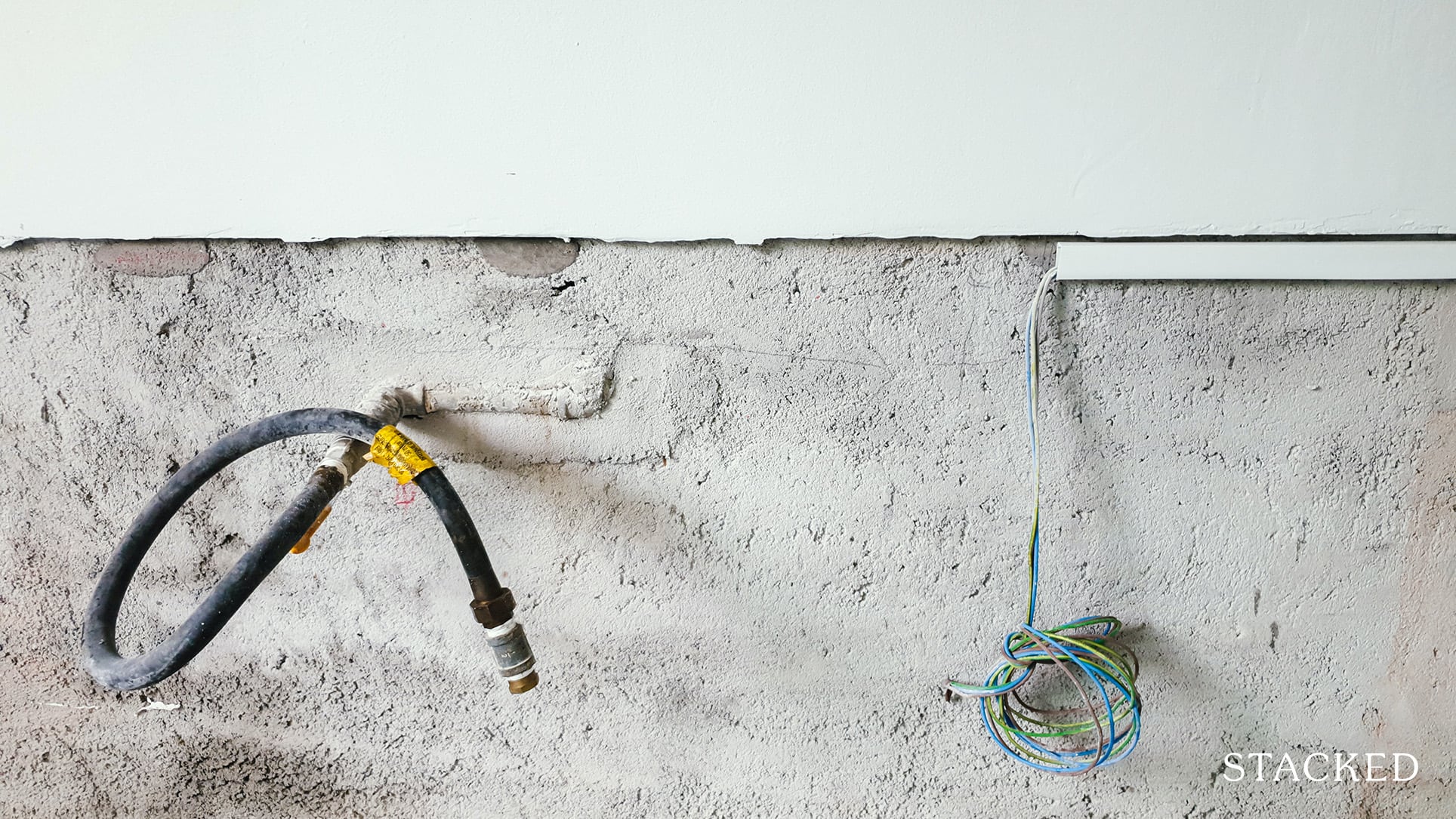
Try to pick a resale unit with interior design you already like. This way you just add what’s lacking, and your renovation costs probably won’t be higher than a new unit.
One of our contractors also offered a simple way around the cost of hacking up the whole floor or wall. That’s to use an overlay instead – this is when a layer of new material is placed over the older one, instead of hacking it away and replacing it.
This is especially good with balconies, kitchens, and bathrooms, as it spares you from having to re-waterproof the surfaces (you’ll need to speak to a contractor for a ballpark figure though, as the cost varies highly for each unit).
3. Condition of existing plumbing and electrical work
Without extensive plumbing work, the difference between a new and resale unit is only about $100 for bathrooms (and that assumes the new unit comes with basic fixtures).
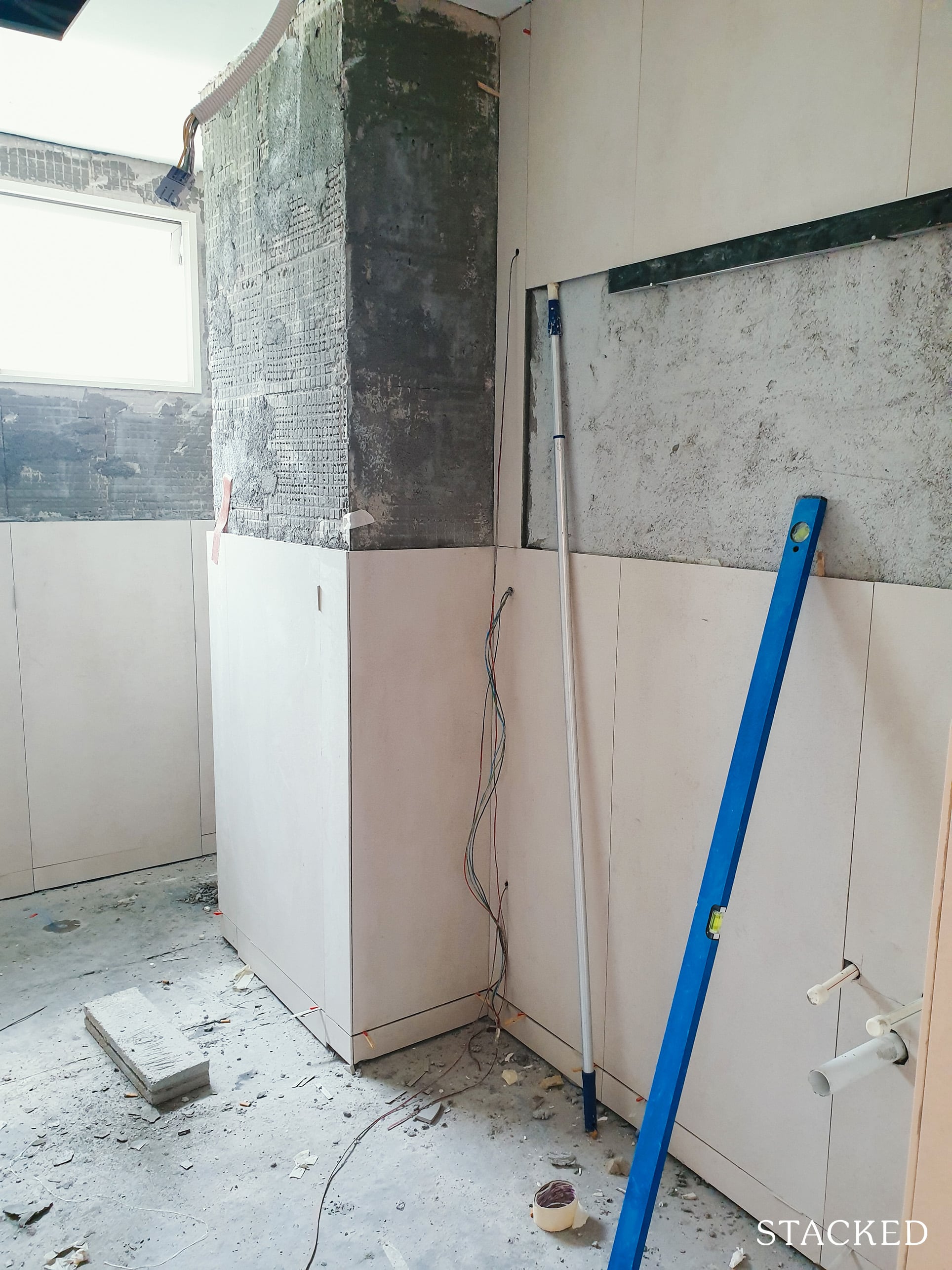
If electrical work isn’t needed, and all light fixtures are working properly, there could be no cost difference between new and resale renovations.
In short, be picky about the condition of the property, to avoid higher resale renovation costs.
You should try to negotiate for the seller to fix plumbing or electrical problems, before you purchase the unit (or offer less for the unit, to make up for these costs). You can contact us on Facebook, if you need help with assessing older properties or negotiations.
4. White goods
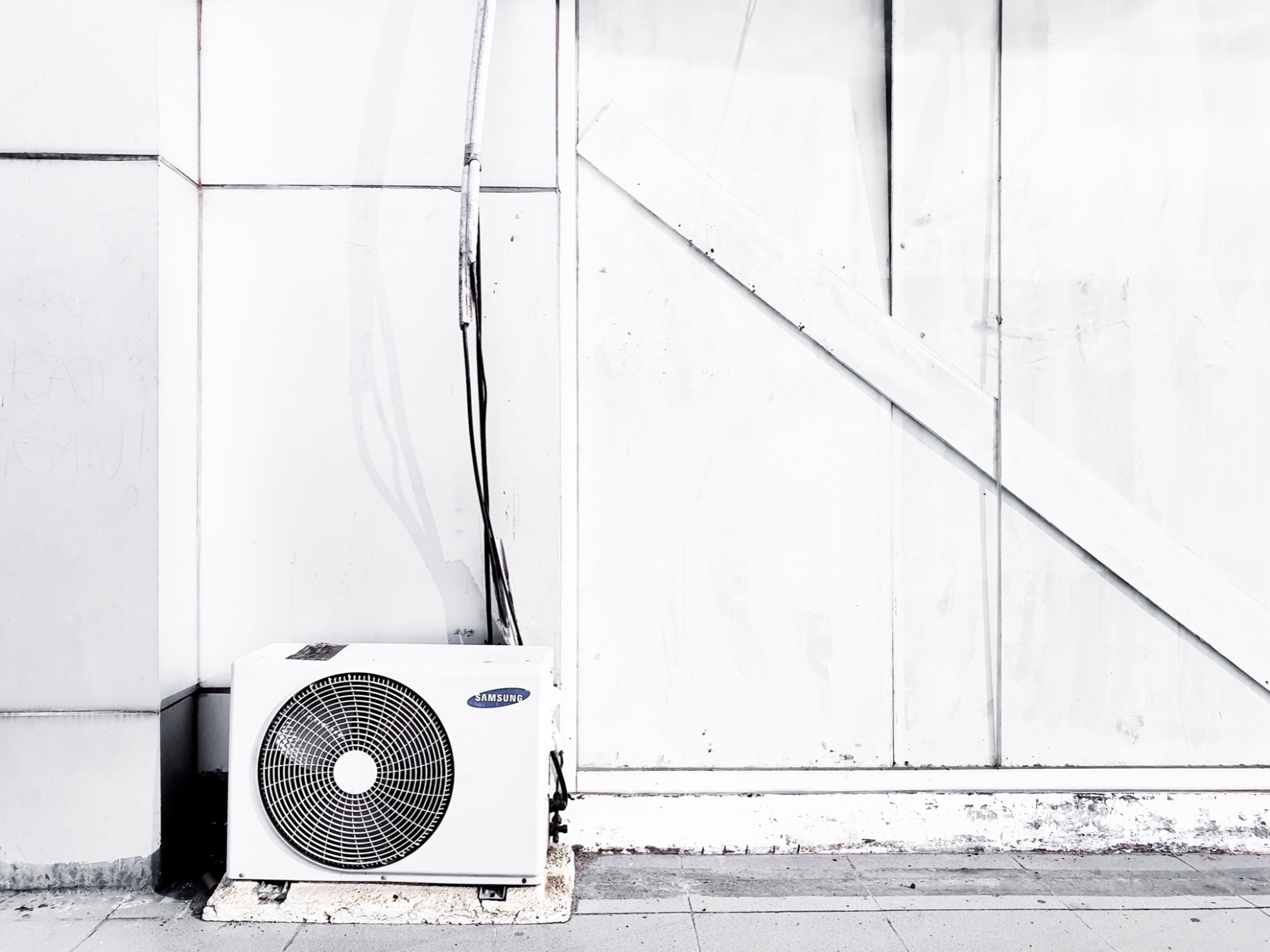
Contractors mentioned one of the key things to avoid is relocating the air-conditioner. This requires re-running the wiring and piping; in some cases this can cost over $2,000 (at which point you may want to consider if it’s worth installing a new one).
And while fridges are often replaced anyway, you may want to consider ensuring you have a working washing machine, dryer, or other essential appliances with the resale unit. If all of these are in good working order, you might not be paying more for resale renovations after all.
In conclusion, it’s not true that resale units always cost more to renovate
Many of the cost differences we’ve detailed are avoidable.
If the resale unit is well maintained, and you already like the existing design, it can cost about the same to renovate as a new unit. You just have to be alert to the maintenance-related issues before you buy.
At Stacked, we like to look beyond the headlines and surface-level numbers, and focus on how things play out in the real world.
If you’d like to discuss how this applies to your own circumstances, you can reach out for a one-to-one consultation here.
And if you simply have a question or want to share a thought, feel free to write to us at stories@stackedhomes.com — we read every message.
Frequently asked questions
Do resale properties cost more to renovate than new ones?
What factors influence the renovation costs of resale properties?
Is hacking up old walls and floors always more expensive for resale units?
How does the condition of plumbing and electrical work affect renovation costs for resale units?
Can I save money on appliances when renovating a resale property?
Ryan J. Ong
A seasoned content strategist with over 17 years in the real estate and financial journalism sectors, Ryan has built a reputation for transforming complex industry jargon into accessible knowledge. With a track record of writing and editing for leading financial platforms and publications, Ryan's expertise has been recognised across various media outlets. His role as a former content editor for 99.co and a co-host for CNA 938's Open House programme underscores his commitment to providing valuable insights into the property market.Need help with a property decision?
Speak to our team →Read next from Property Market Commentary

Property Market Commentary How I’d Invest $12 Million On Property If I Won The 2026 Toto Hongbao Draw

Property Market Commentary We Review 7 Of The June 2026 BTO Launch Sites – Which Is The Best Option For You?

Property Market Commentary Why Some Old HDB Flats Hold Value Longer Than Others

Property Market Commentary We Analysed HDB Price Growth — Here’s When Lease Decay Actually Hits (By Estate)
Latest Posts

Pro This 130-Unit Condo Launched 40% Above Its District — And Prices Struggled To Grow

Property Investment Insights These Freehold Condos Barely Made Money After Nearly 10 Years — Here’s What Went Wrong

Singapore Property News Why Some Singaporean Parents Are Considering Selling Their Flats — For Their Children’s Sake



































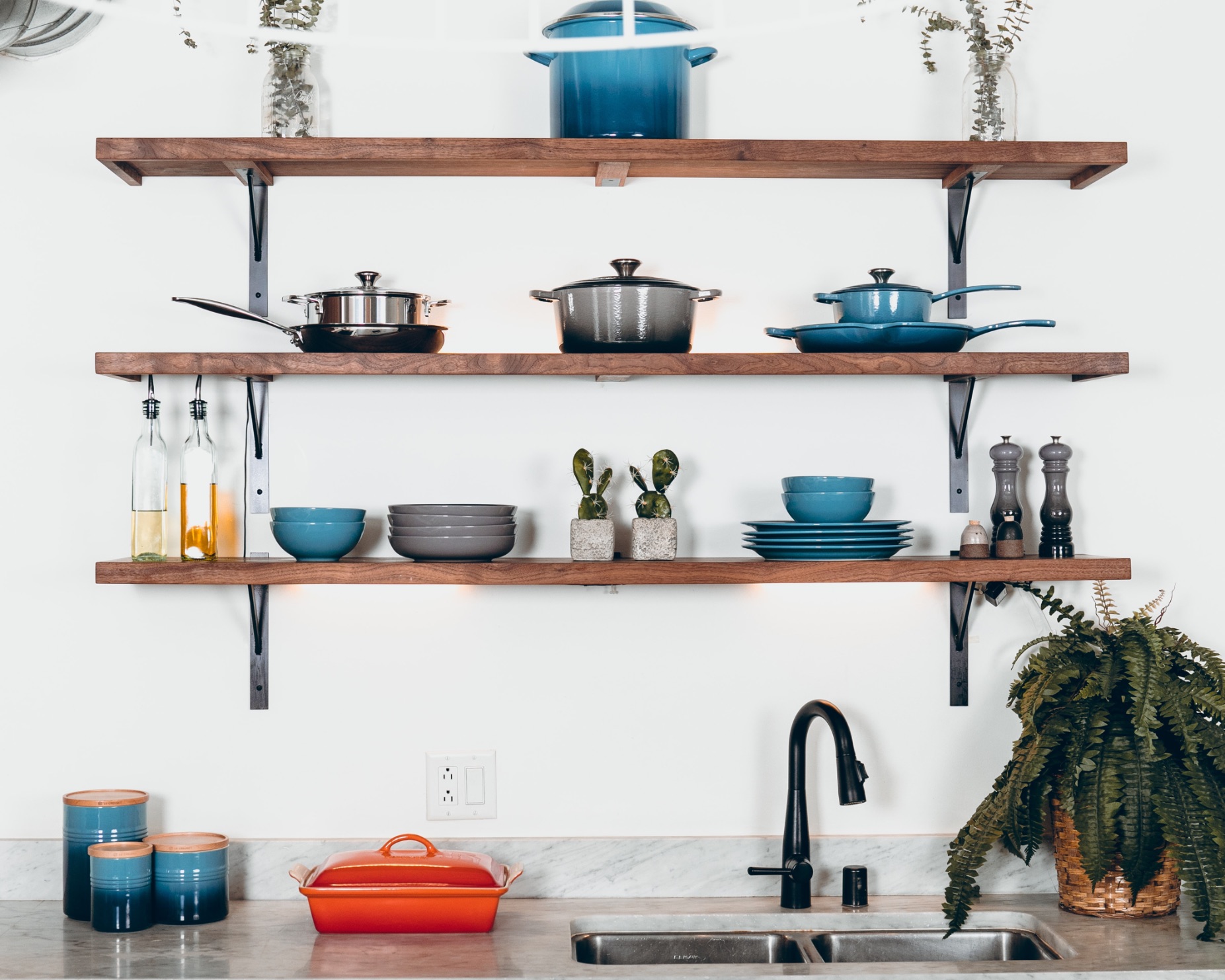
0 Comments